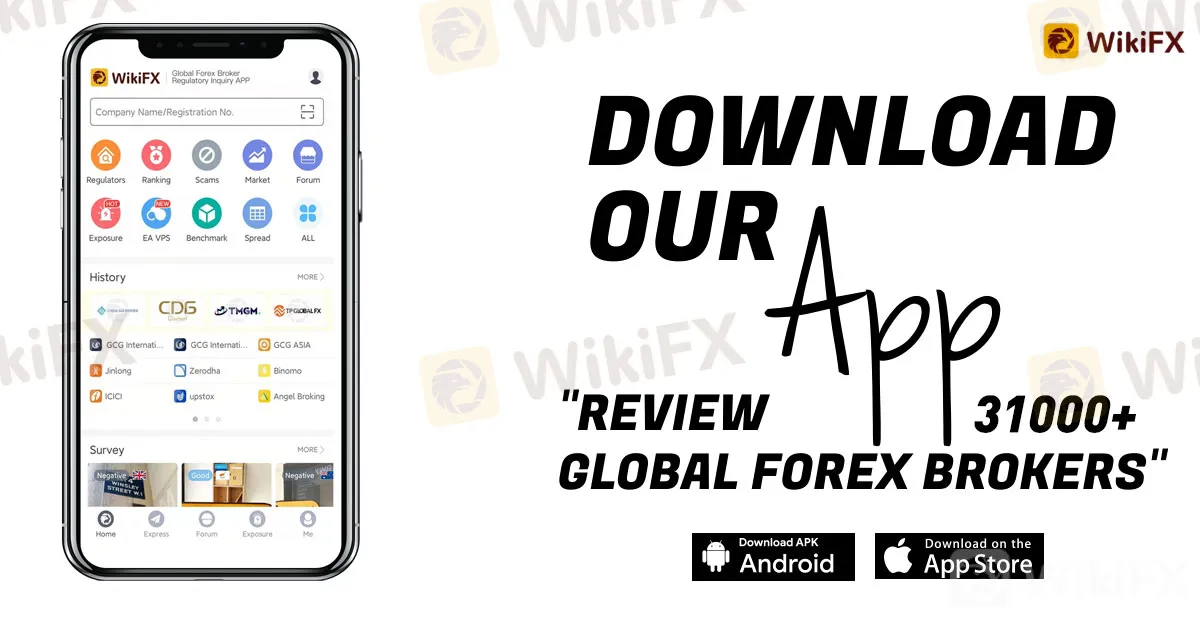简体中文
繁體中文
English
Pусский
日本語
ภาษาไทย
Tiếng Việt
Bahasa Indonesia
Español
हिन्दी
Filippiiniläinen
Français
Deutsch
Português
Türkçe
한국어
العربية
MUFG Shuts Blockchain Payments Network within a Year of Launch
Abstract:Japans largest lender, Mitsubishi UFJ Financial Group (MUFG) announced on Tuesday the decision to shut down the blockchain-based online payments network, Global Open Network Japan that was developed in collaboration with Akamai Technologies.

The project was launched in collaboration with Akamai Technologies.
It aimed to serve the IoT industry.
Q4 2021 volumes have gone up or down and how much?
The bank has already started the preparation of the stuttering and cited a tough environment in the payments space behind the move. “Slow growth of payment transaction numbers caused by the impact of the COVID-19 pandemic and other factors, made it difficult to develop its business on the scale originally anticipated,” the official press release stated.
Death of an Ambitious Project
MUFG and Akamai first announced their plans to form a joint venture in 2019 for the development of a blockchain payments system. However, the project faced delays before its launch in April 2021.
The Japanese bank owned 80 percent of the joint venture, and the rest was with Akamai.
One of the primary goals of the project was to provide a platform with high scalability and multi-connectivity data processing to meet the rising demand for the Internet of Things (IoT). In the shutdown notice, the bank pointed out that it struggled to fit its solution with the IoT growing market needs.
The joint venture, GO-NET Japan, is now coordinating with its clients and partners, and will eventually close all operations and then start the liquidation process. However, the Japanese bank highlighted that the shutdown of the project will not impact its financial results in the ongoing financial year.
Despite the shuttering of the project, MUFG is still bullish with plans of its other digital strategies and is discussing further collaboration with Akamai.
“MUFG is discussing further opportunities of collaboration with Akamai and seeking to drive momentum in open innovation through alliances with global business partners and by utilizing the latest technologies based on experience from the GO-NET project,” the lender added.

Disclaimer:
The views in this article only represent the author's personal views, and do not constitute investment advice on this platform. This platform does not guarantee the accuracy, completeness and timeliness of the information in the article, and will not be liable for any loss caused by the use of or reliance on the information in the article.
Read more

Blockchain Decentralization: Empowering a Trustless Future
In recent years, blockchain technology has rapidly evolved from a niche innovation behind Bitcoin into a transformative force across industries. At its core, blockchain decentralization refers to the distribution of authority and decision-making away from a central entity and into the hands of a distributed network of participants. This shift redefines how data is stored and verified and paves the way for trustless, transparent, and resilient systems that challenge traditional centralized models.

The president of @Liberland, @Vít Jedlička come on stage, dialogue on trading security.
The 2025 WikiEXPO Hong Kong Station is about to grandly open. the president of @Liberland, @Vít Jedlička come on stage, dialogue on trading security.

Countdown: 1 day.WikiEXPO2025's first stop, Hong Kong, is about to open.
⏰ Countdown: 1 day. WikiEXPO2025's first stop, Hong Kong, is just tomorrow. Focus on transaction security and explore new investment opportunities. ???? Get ready to start now. See you tomorrow.

JustForex vs JustMarkets: A Comprehensive Comparison in 2025
Selecting the right forex broker can make the difference between trading success and frustration for most investors, especially retail investors. As retail traders gain unprecedented access to global markets, the choice between platforms like JustForex and JustMarkets becomes increasingly significant. Both brokers offer some shining features within the forex and CFD trading space, but their approaches differ in some areas.
WikiFX Broker
Latest News
The Withdrawal Trap: How Scam Brokers Lure Victims into Paying More
FCA to Investors: Think Twice Before Trusting These Brokers
Trump\s tariffs: How could they affect the UK and your money
Trump gambles it all on global tariffs he\s wanted for decades
TradingView Brings Live Market Charts to Telegram Users with New Mini App
Trump tariffs: How will India navigate a world on the brink of a trade war?
Interactive Brokers Launches Forecast Contracts in Canada for Market Predictions
Authorities Alert: MAS Impersonation Scam Hits Singapore
Stocks fall again as Trump tariff jitters continue
IG Group Acquires Freetrade for £160M to Expand UK Investment Market
Currency Calculator







